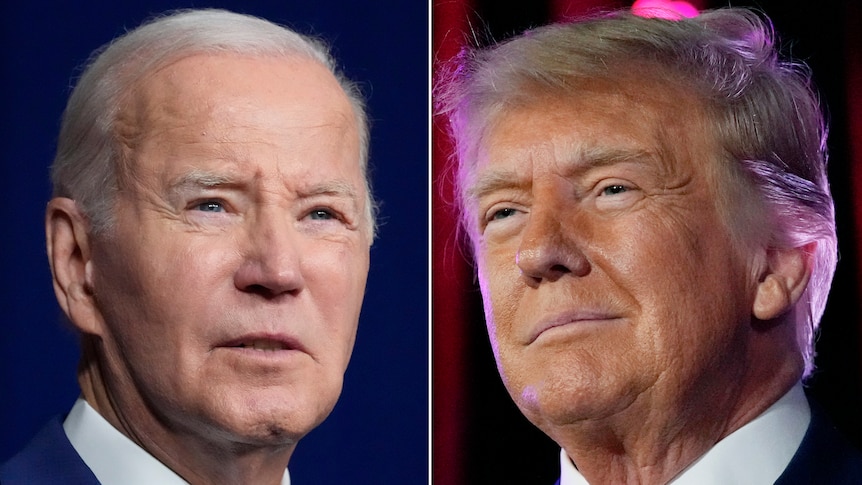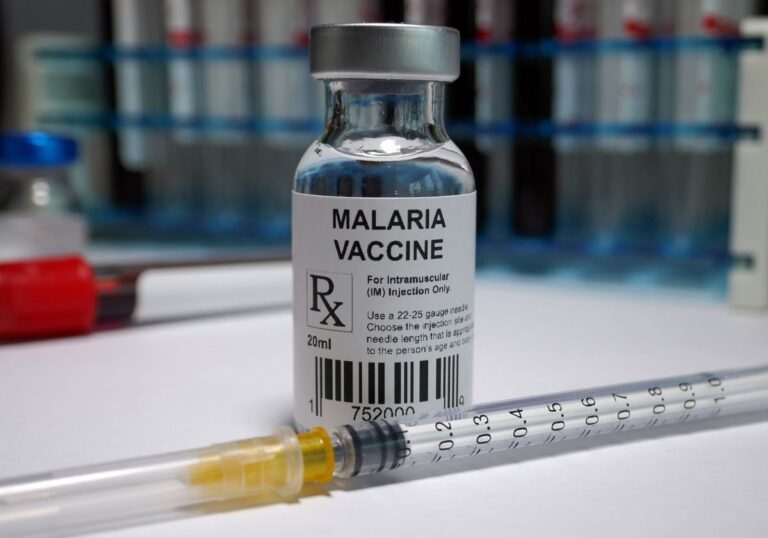
fierce debate erupted in U.S. political circles—not just over economy or foreign policy—but artificial intelligence governance. The flashpoint? A provision in a major federal funding bill that would impose a 10-year moratorium preventing states from enacting their own AI regulations. This clause has become a central topic in the broader national debate surrounding AI, innovation, and public protection.
⚖️ Moratorium Proposal Ignites Flashpoint
Under the reconciliation bill, no U.S. state—or local government—would be allowed to enforce any laws on AI systems, automated decision-making, biometric use, or data privacy for a full decade theverge.com. Proponents—including tech leaders like Sam Altman—argue it avoids a fractured “patchwork” regulatory environment and positions the U.S. for global tech leadership theverge.com. However, critics, including more than 260 bipartisan state legislators and 40 attorneys general, warn it could dismantle existing protections surfacing in states like Washington and Colorado linkedin.com+1theverge.com+1.
🏛️ Debate Becomes Central in Presidential Discourse
While the provision emerged in the debate context, neither candidate—President Trump nor Vice President Harris—was directly questioned about the moratorium during the televised debate. AI policy, however, was a backdrop: Trump earlier revoked Biden’s 2023 AI executive order, signaling a pivot toward innovation-centric deregulation news.vt.edu+15peoplemattersglobal.com+15thelegalwire.ai+15. Harris, on the other hand, has previously emphasized consumer and privacy safeguards, describing algorithm biases that can “kick a senior off his healthcare plan” as existential threats voanews.com.
🌐 A Flashpoint in Federal vs State Authority
This debate underscores growing friction between centralized versus localized power. Supporters of the moratorium emphasize national consistency and competitiveness, especially against China theverge.com. Opponents highlight the risk of federal inaction stalling critical safeguards and removing state-level innovation in areas like deepfakes, facial recognition limits, and equity protections apnews.com+12theverge.com+12linkedin.com+12.
🚨 Broader Implications for AI Governance
- Innovation vs Safety Tension: The moratorium reflects a libertarian model focused on rapid innovation. But critics argue that without regulation, risks—including bias, surveillance misuse, and misinformation—could erupt unchecked .
- State Experimentation at Risk: States like California have pioneered transparency and consent frameworks for AI-driven systems. The moratorium could freeze or reverse this progress .
- Private Sector as Policymaker: Tech leaders pushing for federal preemption raises questions: should corporations drive democracy’s regulatory direction—or should an elected government set guardrails?
- Global Leadership and National Security: Supporters argue a unified federal approach is essential in the global AI race and ensures U.S. credibility in international negotiations .
🔍 What to Watch Next
- Senate negotiations: Lawmakers are debating whether to soften or remove the moratorium—potentially tying regulations to federal funding like broadband grants linkedin.com+1theverge.com+1.
- State-level action: States may challenge the moratorium legally or seek to trailblaze in AI protections now, risking preemption.
- Campaign responses: As AI becomes a declared issue, both campaigns will need to clarify their positions on federal versus state regulation, balancing safety and growth.
- Public engagement: With growing consumer awareness of AI’s role in deepfakes, chatbots, and algorithmic bias, voter pressure may force candidates to deepen policy proposals .






